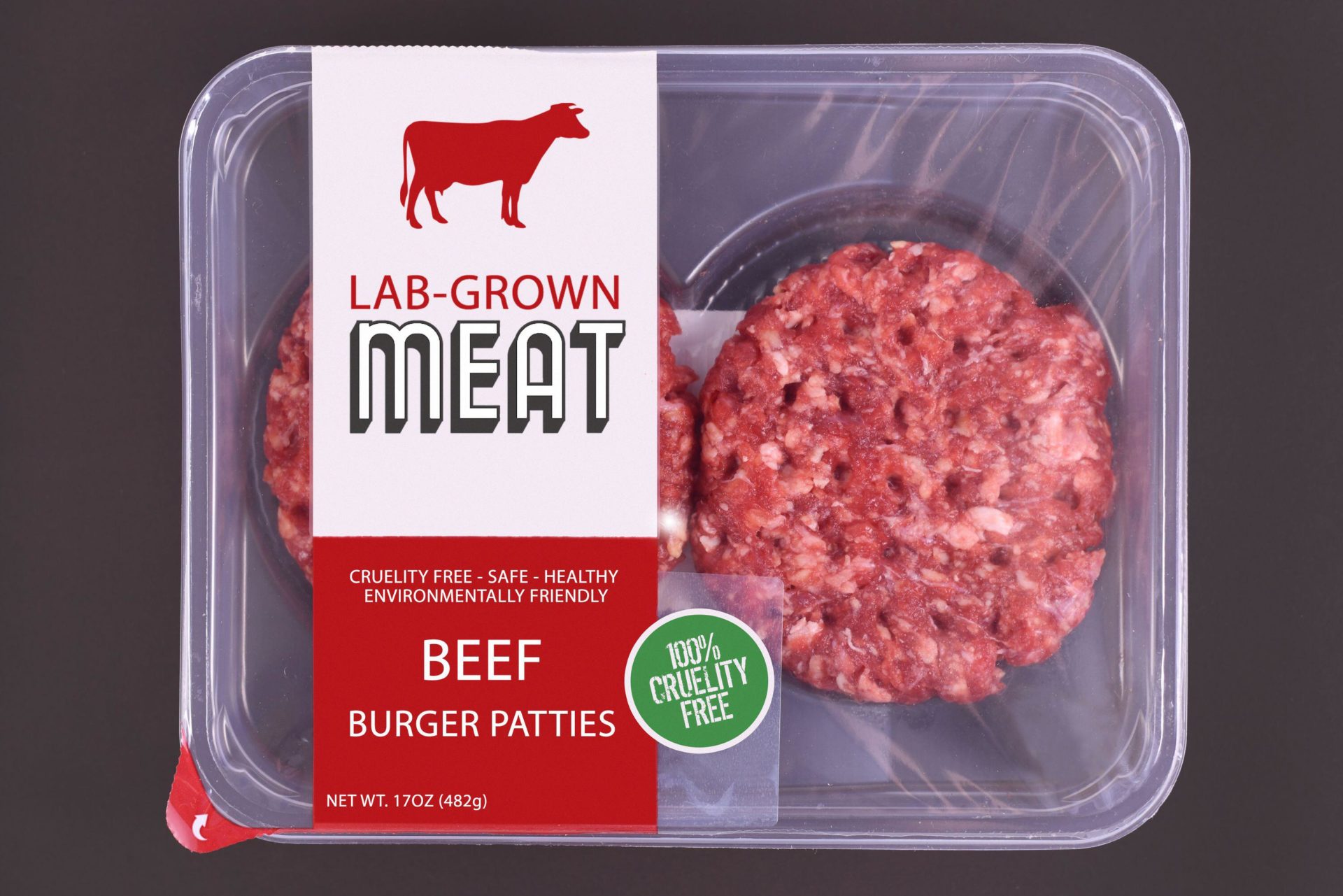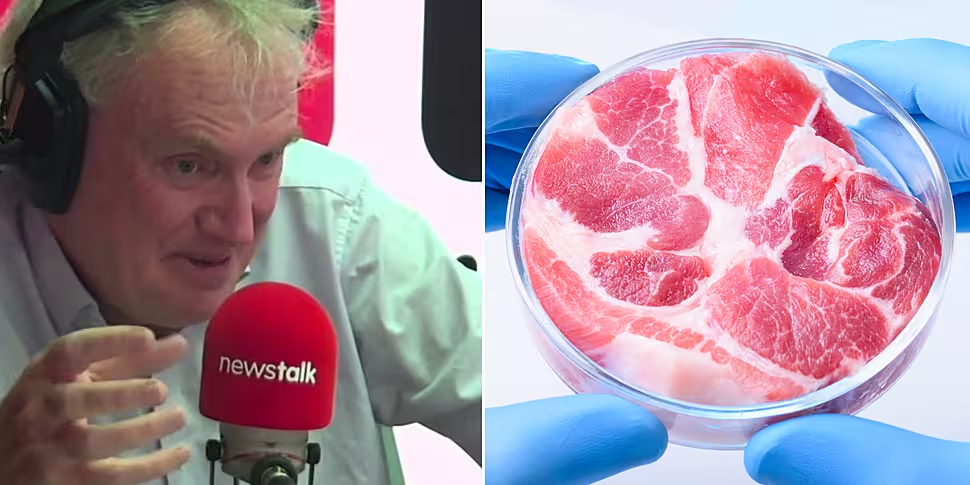Lab-grown meat could soon hit the shelves, according to Trinity professor Luke O’Neill.
The factory-produced food is already available for purchase in the UK, albeit so far only in pet food.
However, Prof O’Neill said that with $2.5 billion invested in research from 2021 to 2023, we could be moving towards a future where farming becomes obsolete.
“Environmentally it’s very important because it turns out 12% of greenhouse gases are coming off farm animals,” he told the Show Me the Science podcast.
“There will be an energy cost to making it, so there will still be carbon emissions happening I imagine - unless it’s renewables.
“But there’ll be a massive cut in greenhouse gases if you can get lab grown meat.
“Now, any farmers listening in going, ‘What about my job?’ - it’s a long way off.
“It’s just beginning in some ways so it’s not going to happen overnight, but if you’re a farmer, keep an eye on this and turn your farm into vats full of cells growing to make meat.”
 Lab grown cultured meat concept for artificial in vitro cell culture meat production with packed raw burger patties with made up label. Image: Firn / Alamy. 20 November 2020
Lab grown cultured meat concept for artificial in vitro cell culture meat production with packed raw burger patties with made up label. Image: Firn / Alamy. 20 November 2020Apart from climate change, prof O’Neill said this could also solve the ethical issue of factory farms.
“One-in-five people in Europe are vegetarians, they’ve asked them, and many of them have said, ‘Yes, of course [we would eat lab grown meat], we’re vegetarians because we don’t like the cruelty that happens when farm animals are being killed and we’re eating them’,” he said.
“If you can make a steak out of a vat and no animals have been harmed by this in any way at all, why wouldn’t you eat it?
“There’s a huge market there as well, they’ve calculated billion-dollar markets for these things.”
According to Prof O’Neill, by increasing the growth factors in lab-grown meat, scientists could produce a “denser” and “more efficient” product.
Main image: Luke O'Neill in the Newstalk studio (L) and lab grown meat (R).









